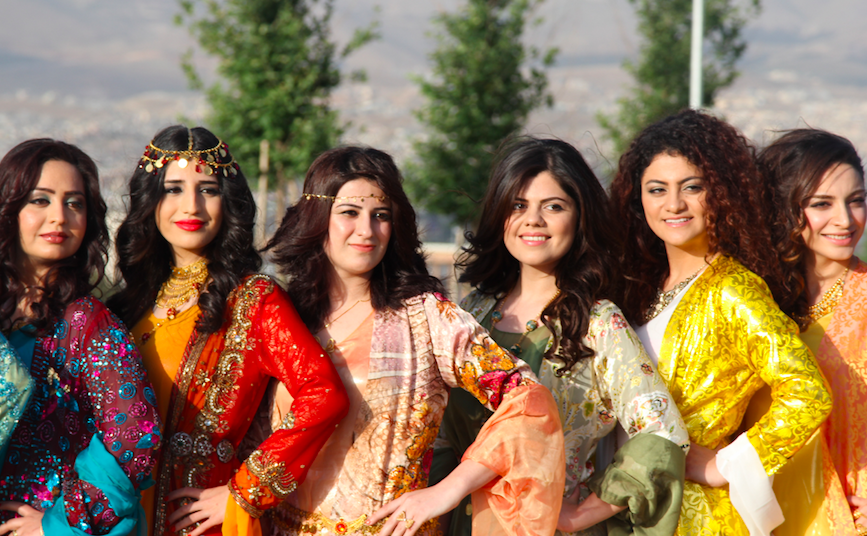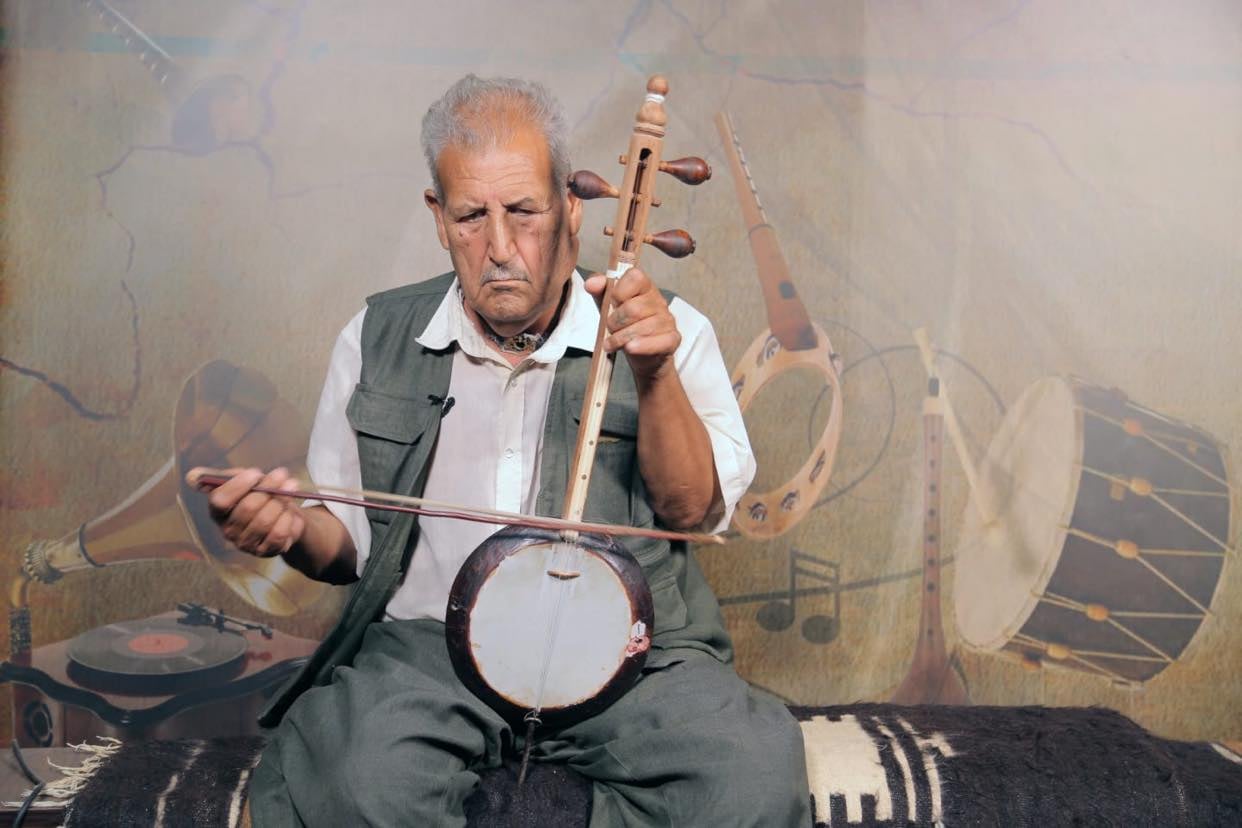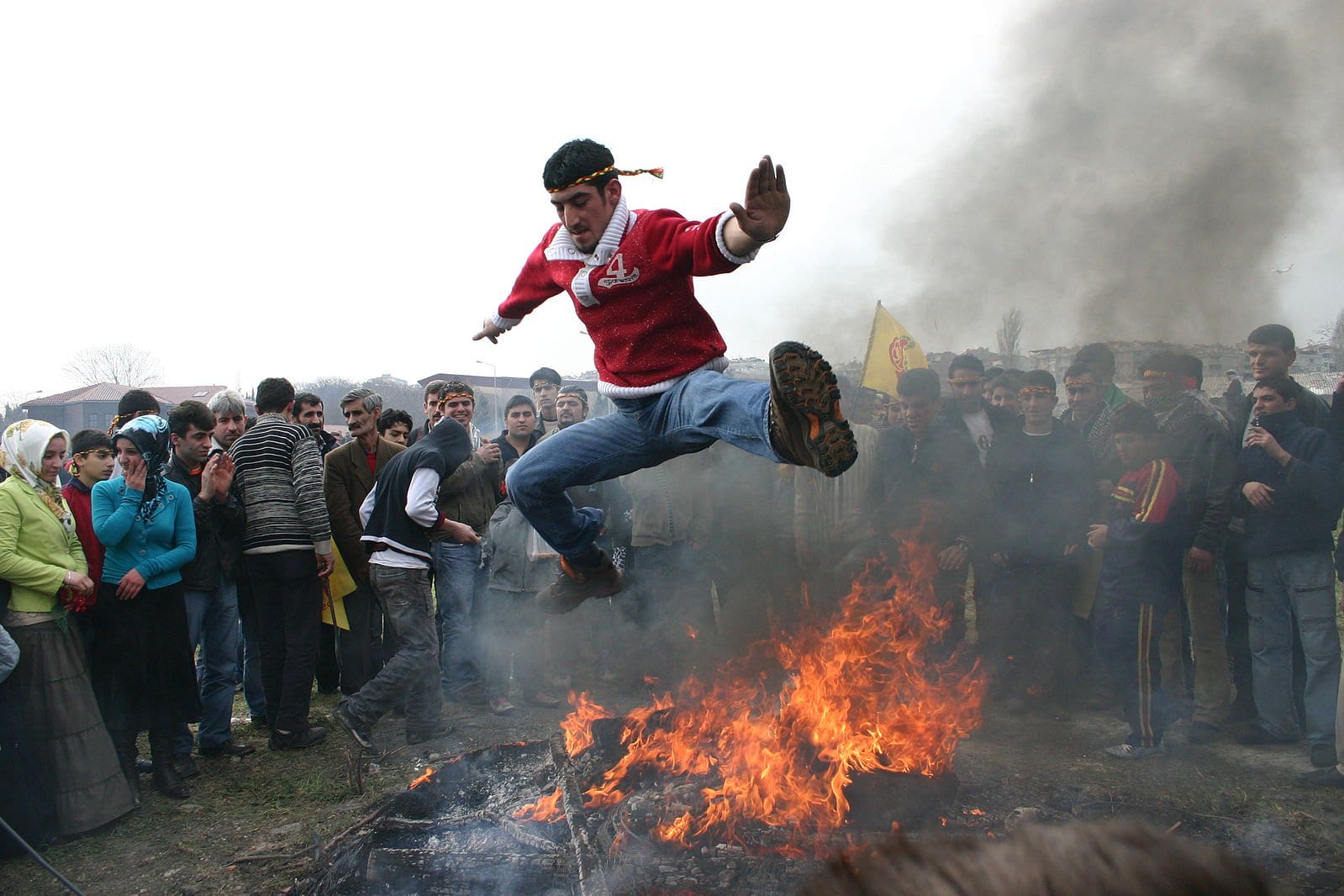The Rich Tapestry of Kurdish Culture
Kurdish culture is a vibrant and diverse tapestry woven from centuries of history, tradition, and resilience. Despite the challenges faced by the Kurdish people, their culture has remained strong and continues to thrive, adapting to modern times while preserving its unique heritage.
Key Cultural Elements
- Language: Kurdish (main dialects: Kurmanji, Sorani, Pehlewani, Gorani)
- Religion: Majority Sunni Muslim, with significant minorities
- Traditional clothing: Colorful and distinct for both men and women
- Music and dance: Rich traditions including the energetic govend
- Literature: Both oral and written, with a strong poetic tradition
- Cuisine: Diverse and flavorful, reflecting the region's agricultural bounty
Language and Literature
The Kurdish language is a fundamental aspect of Kurdish identity and culture. Despite historical suppression in some regions, Kurdish literature has flourished, particularly in the realms of poetry and storytelling.
This proverb reflects the resilience of Kurdish culture in the face of adversity, as well as the deep connection between the Kurdish people and their mountainous homeland.

Traditional Clothing
Kurdish traditional dress is known for its vibrant colors and intricate designs. Men often wear baggy trousers, a shirt, a vest, and a cummerbund, topped with a turban. Women's attire includes long dresses or skirts, often adorned with intricate embroidery.
Learn more about Kurdish attire
Music and Dance
Kurdish music is rich and varied, featuring traditional instruments like the tembûr (lute) and bilûr (flute). The energetic govend dance is a central part of celebrations, where people join hands and move in a circular pattern.
Explore Kurdish music and dance
Cuisine
Kurdish cuisine reflects the agricultural heritage of the region. Staples include lamb, rice, wheat, and dairy products. Popular dishes include biryani, dolma (stuffed grape leaves), and kevok (grilled quail).
Discover Kurdish cuisine
Festivals and Traditions
Newroz, the Kurdish New Year, is celebrated on March 21st with bonfires, feasts, and traditional clothing. Other important celebrations include religious holidays and seasonal festivals tied to the agricultural calendar.
Explore Kurdish festivalsArt and Crafts
Kurdish artisans are renowned for their skills in carpet weaving, metalwork, and pottery. These traditional crafts not only serve practical purposes but also carry deep cultural significance, often featuring motifs and patterns that tell stories of Kurdish history and mythology.
Religion and Spirituality
While the majority of Kurds are Sunni Muslims, Kurdish culture embraces religious diversity. Significant minorities include Yazidis, Alevis, and Christians. This religious tapestry has contributed to the rich spiritual traditions and folklore of Kurdish culture.
Modern Kurdish Culture
Contemporary Kurdish culture continues to evolve, blending traditional elements with modern influences. Kurdish cinema, contemporary art, and literature are gaining international recognition, offering new perspectives on Kurdish identity and experiences.
Cultural Preservation Efforts
Despite challenges, there are ongoing efforts to preserve and promote Kurdish culture:
- Language revitalization programs
- Cultural centers and museums dedicated to Kurdish heritage
- Festivals celebrating Kurdish music, literature, and art
- Digital archives of Kurdish oral histories and traditional knowledge
Further Exploration
Dive deeper into specific aspects of Kurdish culture:
Kurdish culture, with its rich heritage and dynamic present, continues to be a source of pride and identity for millions of Kurds around the world. As you explore the various facets of Kurdish culture, you'll discover a people whose traditions have endured through centuries of challenges, emerging vibrant and alive in the modern world.



